Spanish infrastructure giant Acciona and Metro Vancouver are embroiled in lawsuits against each other in the B.C. Supreme Court over construction of the much beleaguered and over-budget North Shore Wastewater Treatment Plant.
Acciona, which was fired from the project, sued the regional federation for $250 million in April, alleging it was impossible to build the plant on the site in accordance with requirements in the project agreement without changes that will result in the $622-million cost of the venture being hiked to more than $1 billion.
The contractor indicated it was wrongfully terminated from the project and that delays and cost overruns were caused by Metro Vancouver picking a site for the facility that was too small for the equipment required.
Metro Vancouver has responded to the claim and is also counter-suing the construction company, indicating that damages, costs and expenses to the Greater Vancouver Sewerage and Drainage District (GVS&DD) will exceed $500 million.
According to court documents, the regional federation is alleging Acciona “breached its duties of care owed to the GVS&DD” and engaged in “high-handed and reprehensible misconduct.”
Statements made in the claims by both Acciona and Metro Vancouver are allegations only and have not yet been tested or proven in court.
Acciona entered into a $504-million public-private partnership contract with the regional federation for the wastewater treatment plant on April 5, 2017, to design, construct, partially finance and operate the facility.
The new structure – still under construction – is a modern tertiary-treatment facility being built to replace the Lions Gate Wastewater Treatment Plant and exceed federal regulatory requirements for effluent discharged to the environment. It will serve about 250,000 residents in the districts of west and north Vancouver, the City of North Vancouver, and the Squamish and Tsleil-Waututh Nations.
The project was originally scheduled to be completed in 2020 but was revised in 2019 and Metro Vancouver agreed to allow the contractor to complete the project by the end of 2023.
However, Metro Vancouver terminated its contract with Acciona in April, claiming the contractor had abandoned the project.
PCL was hired as the new GC and consulting firm AECOM was chosen to finish design of the plant and provide construction management services to assist in the transition of the project to the new contractor.
In its lawsuit, Acciona claims the GVS&DD selected the project site and warranted that it was possible to build the plant there, but, in fact, it was not possible without changes to the project agreement.
While the GVS&DD had agreed to significant changes by Oct. 28, 2020, resulting in the amended price of $622 million, the regional federation refused to pay additional compensation to Acciona, the company states in its lawsuit, and by mid-2021 it became evident that it was impossible to build the plant on the site in accordance with requirements in the project agreement without further significant changes.
Acciona’s claim alleges the detailed design required doubling the amount of reinforcing steel needed to be placed within major structures of the plant with no additional space available to hold it, and all the elements of the process design would not fit into space in the buildings left after all the additional reinforcing steel had been installed.
Total square footage required to accommodate all the equipment exceeded the total square footage available on the project site by more than 30 per cent, the claim states.
In its response to the lawsuit, Metro Vancouver indicated Acciona breached the project agreement and its duty of good faith and honest performance and was negligent.
The regional federation has also launched a countersuit that lays out a laundry list of allegations and asserts the GVS&DD has and will sustain direct losses for which it should be compensated.
Among the allegations, Metro Vancouver states Acciona failed to undertake a comprehensive and properly co-ordinated approach to the design of the project, resulting in innumerable design errors, omissions, non-compliances and delays to design and construction of the project.
The document states multiple design consultants were used for different components of the project without co-ordination, consultants were engaged late in the design development process and had no experience in similar wastewater treatment plants, and consultants were changed during the design of the project that resulted in delays.
Meanwhile, Metro Vancouver argues Acciona failed to have sufficient and qualified site supervision during construction to ensure it was carried out in accordance with design requirements and with quality management requirements, and that the contractor failed to obtain necessary permits and undertake the design and construction of the project in accordance with applicable laws, including the British Columbia Building Code.
Acciona had no further comment on the matter. Cheryl Nelms, general manager, project delivery at Metro Vancouver, says the transition to AECOM and PCL is going well and staff is working collaboratively with the companies to bring an updated budget and schedule to the federation’s board of directors by early in 2023.
“Transitioning a project after a termination is challenging and I think we’ve been really successful at doing that with a leading consultant, a global consultant and a global contractor that both have experience in the region,” she says.


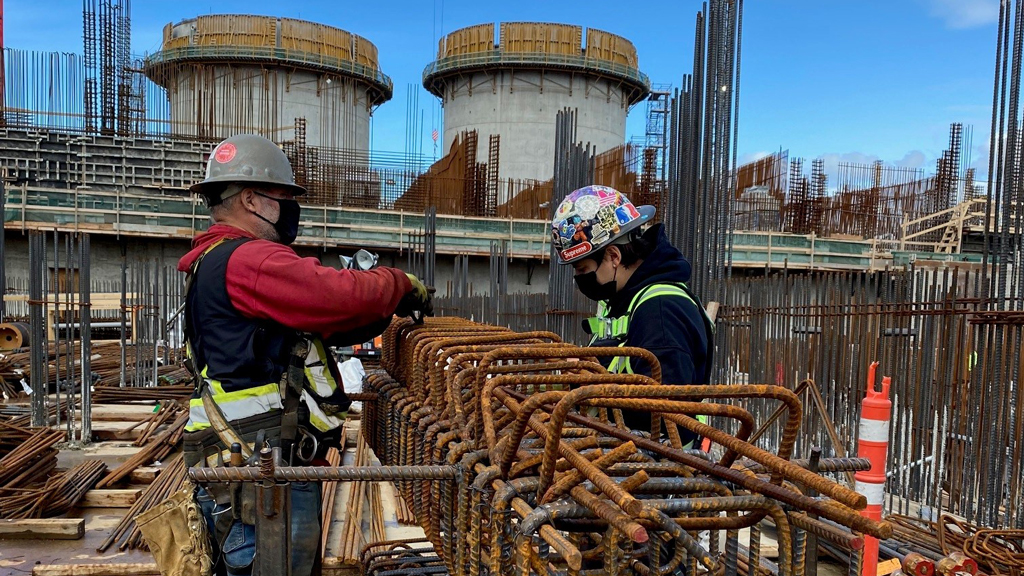


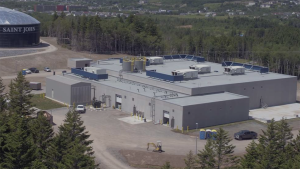
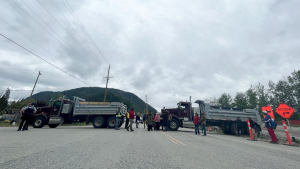


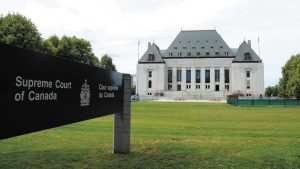
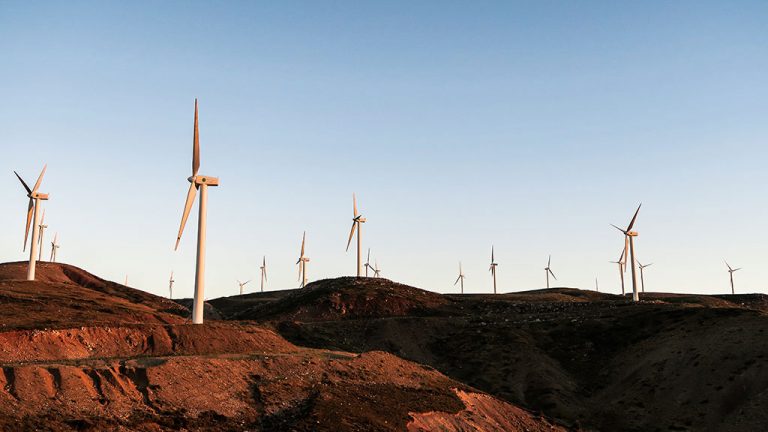
Recent Comments
comments for this post are closed